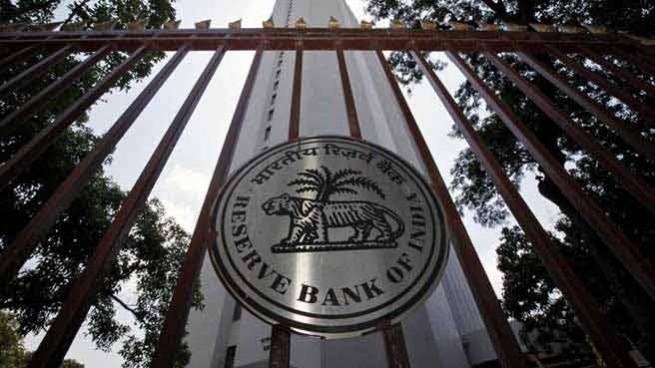
The Reserve Bank of India (RBI) has refused to give an extension to the deadline for global financial technology (fintech) companies to comply with its data localisation norms. The central bank has given a six-month window to global payment companies to store transaction data of Indian customers within India. The data localisation norms will come into effect from Monday.
It is to be noted that two United States lawmakers have called on Prime Minister Narendra Modi to relax norms on data localisation. They termed these regulations as "trade barriers" between the two countries. Moreover, the global fintech players had sought for an extension of the October 15 deadline but the RBI seems to have rejected their requests.
Data localisation mandates data about the residents to be collected, processed and stored inside the country of its origin. The data are allowed to be transferred internationally only after meeting the local norms related to privacy and data protection.
The domestic companies have welcomed the regulations, however, the global companies are arguing that the norms would force them to infuse additional capital for the creation of local servers which would eventually lead to cost escalation.
Global tech companies, including Mastercard, Visa and American Express, have been lobbying Union Finance Ministry and the Reserve Bank of India. In a recent meeting with RBI, these companies had offered to provide mirror data in place of original data but the proposal was turned down by RBI.
Finance Minister Arun Jaitley had also held a meeting with RBI Deputy Governor BP Kanungo to deliberate on RBI's data localisation regulations. The meeting also witnessed the attendance of Economic Affairs Secretary Subhash Chandra Garg, Financial Services Secretary Rajiv Kumar and IT Secretary Ajay Prakash Sawhney.
In an order issued by the RBI in April, it had said that to ensure better monitoring of payment service operators it is imperative to have unfettered supervisory access to data stored with these system providers as also with their service providers/ intermediaries/third party vendors and other entities in the payment ecosystem.''

















